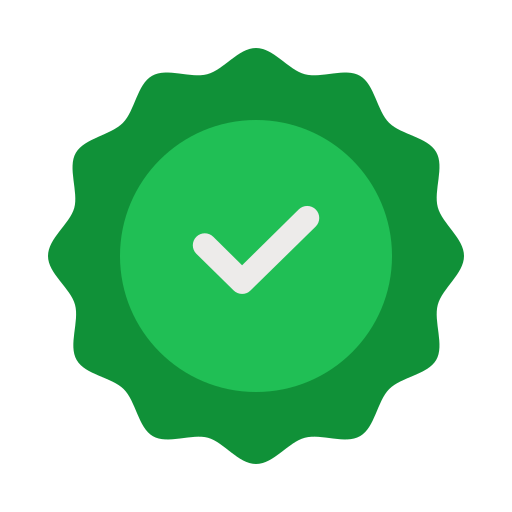Alerts

OpenAI’s new ChatGPT Atlas browser still feels like Googling with extra steps. While it puts AI responses front and center, the actual web search experience leaves much to be desired. Users get a sleek interface, but the browser doesn’t yet rival traditional search engines for efficiency or convenience.
OpenAI’s ChatGPT Atlas is designed to place ChatGPT at the center of web browsing. Currently available only on macOS, it promises future releases for other platforms. The browser uses a minimalist Chromium-based design with three main sections: your ChatGPT history on the left, a URL/search bar in the middle, and an “Ask ChatGPT” button on the right.
For ChatGPT Plus, Business, and Pro users, “agentic mode” can perform tasks like adding items to shopping carts. This unique approach highlights OpenAI’s ambition but also exposes the browser’s reliance on AI rather than traditional search efficiency.
The ChatGPT Atlas homepage offers simple starting suggestions, such as “Find the best restaurants near me.” Over time, it populates recommendations based on your search history. However, results can feel inconsistent—for example, I received Halloween costume suggestions repeatedly, but restaurant searches were never highlighted.
Compared to other browsers, this feels limiting. Microsoft Edge shows daily news and weather, while Perplexity Comet offers a fully customizable “Discover” page. Even though ChatGPT Atlas is AI-driven, it misses basic browsing conveniences that many users expect.
Once you start using ChatGPT Atlas, the main challenge becomes clear: ChatGPT doesn’t fully replace a conventional web portal. AI-generated answers are often insightful but navigating between tasks and searches requires extra steps. Users accustomed to direct searches may find the browser slower or less intuitive.
While “Ask ChatGPT” is handy for specific site queries, everyday browsing and research feel more cumbersome. For now, Atlas excels at AI interactions rather than smooth web navigation.
ChatGPT Atlas may appeal to power users who want AI integrated into every browsing step. Its agentic features and conversational interface are intriguing for shoppers, researchers, and AI enthusiasts. Casual users, however, may find themselves wishing for a faster, more conventional search experience.
The ChatGPT Atlas browser still feels like Googling with extra steps. OpenAI’s approach is innovative, blending AI and browsing, but it hasn’t yet surpassed existing search engines for speed, convenience, or comprehensive web access.
If you enjoy AI-guided browsing and don’t mind a few extra clicks, ChatGPT Atlas is worth exploring. Otherwise, it’s best treated as a companion to, rather than a replacement for, traditional browsers.
𝗦𝗲𝗺𝗮𝘀𝗼𝗰𝗶𝗮𝗹 𝗶𝘀 𝘄𝗵𝗲𝗿𝗲 𝗿𝗲𝗮𝗹 𝗽𝗲𝗼𝗽𝗹𝗲 𝗰𝗼𝗻𝗻𝗲𝗰𝘁, 𝗴𝗿𝗼𝘄, 𝗮𝗻𝗱 𝗯𝗲𝗹𝗼𝗻𝗴. We’re more than just a social platform — from jobs and blogs to events and daily chats, we bring people and ideas together in one simple, meaningful space.
